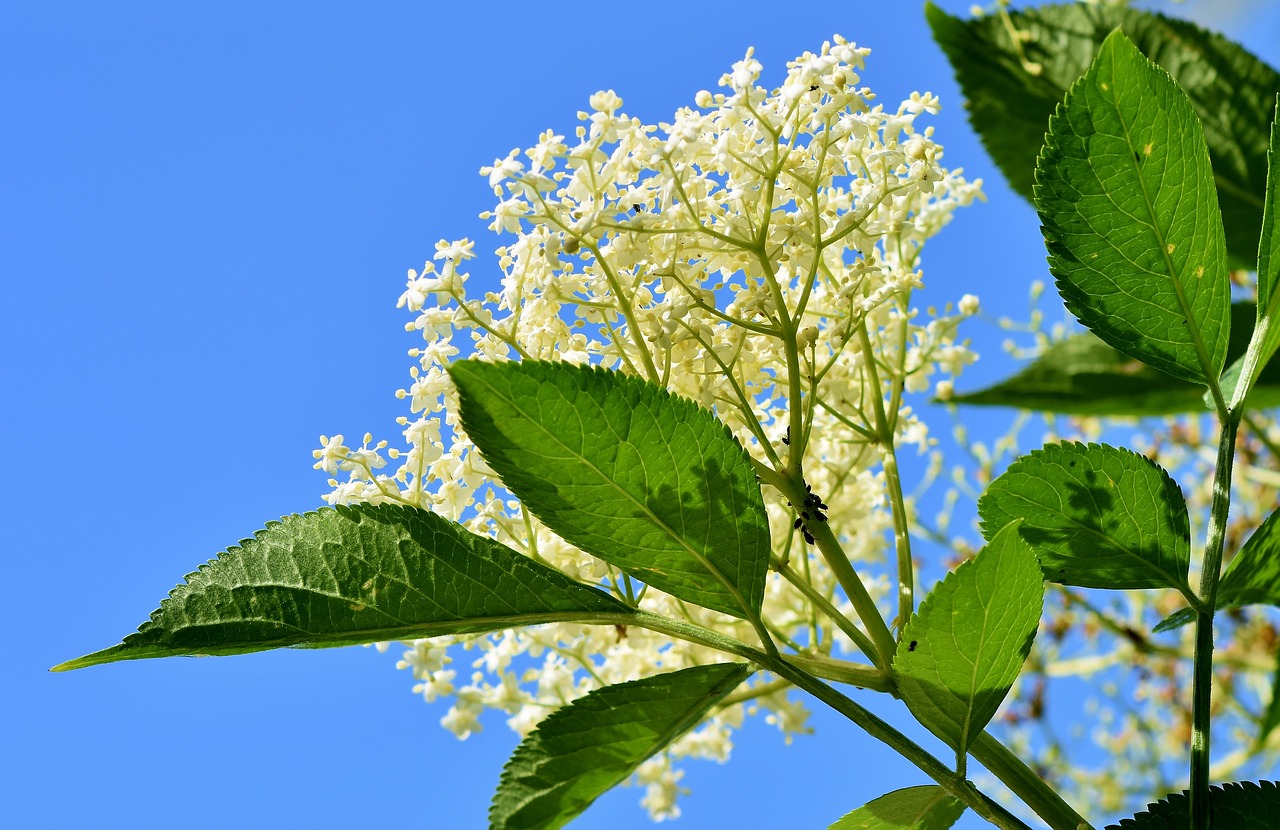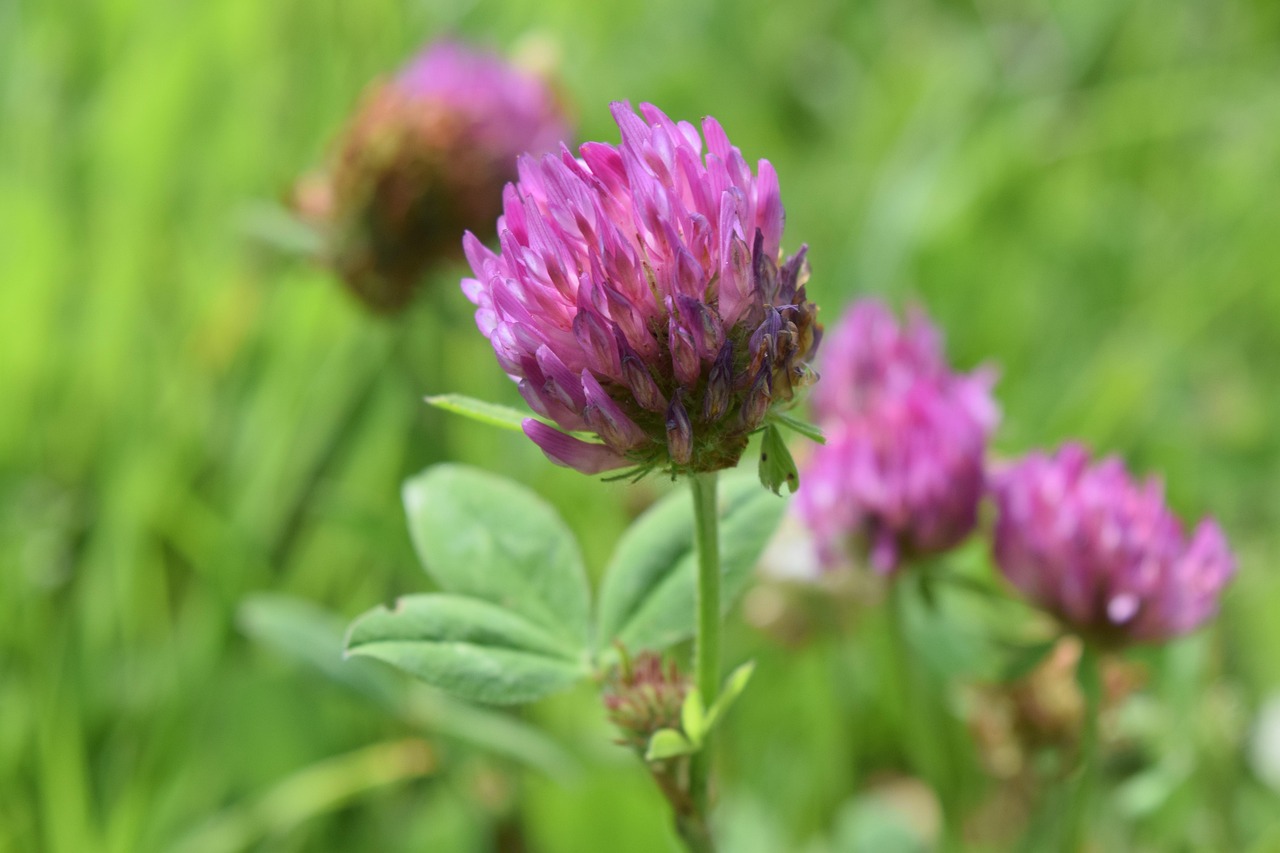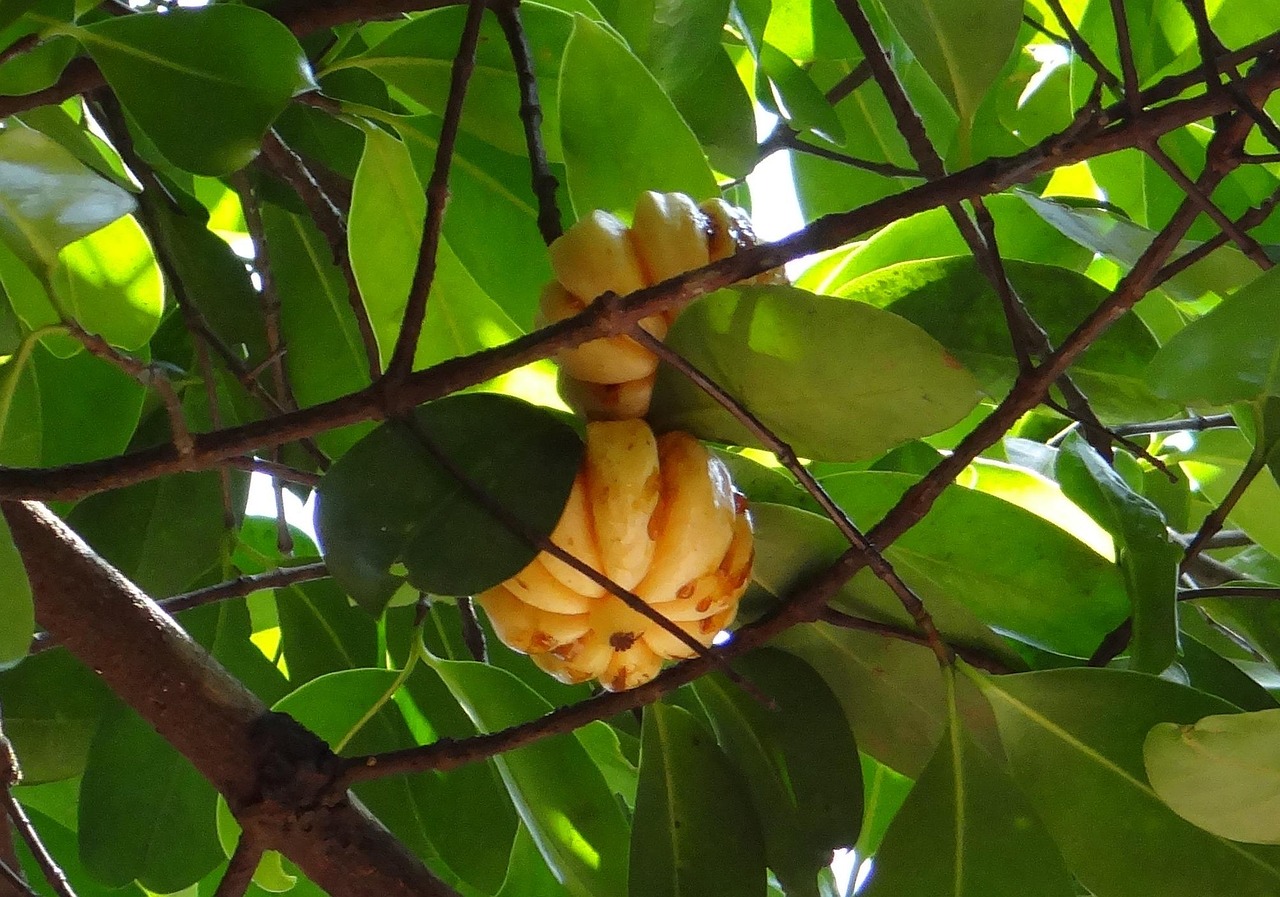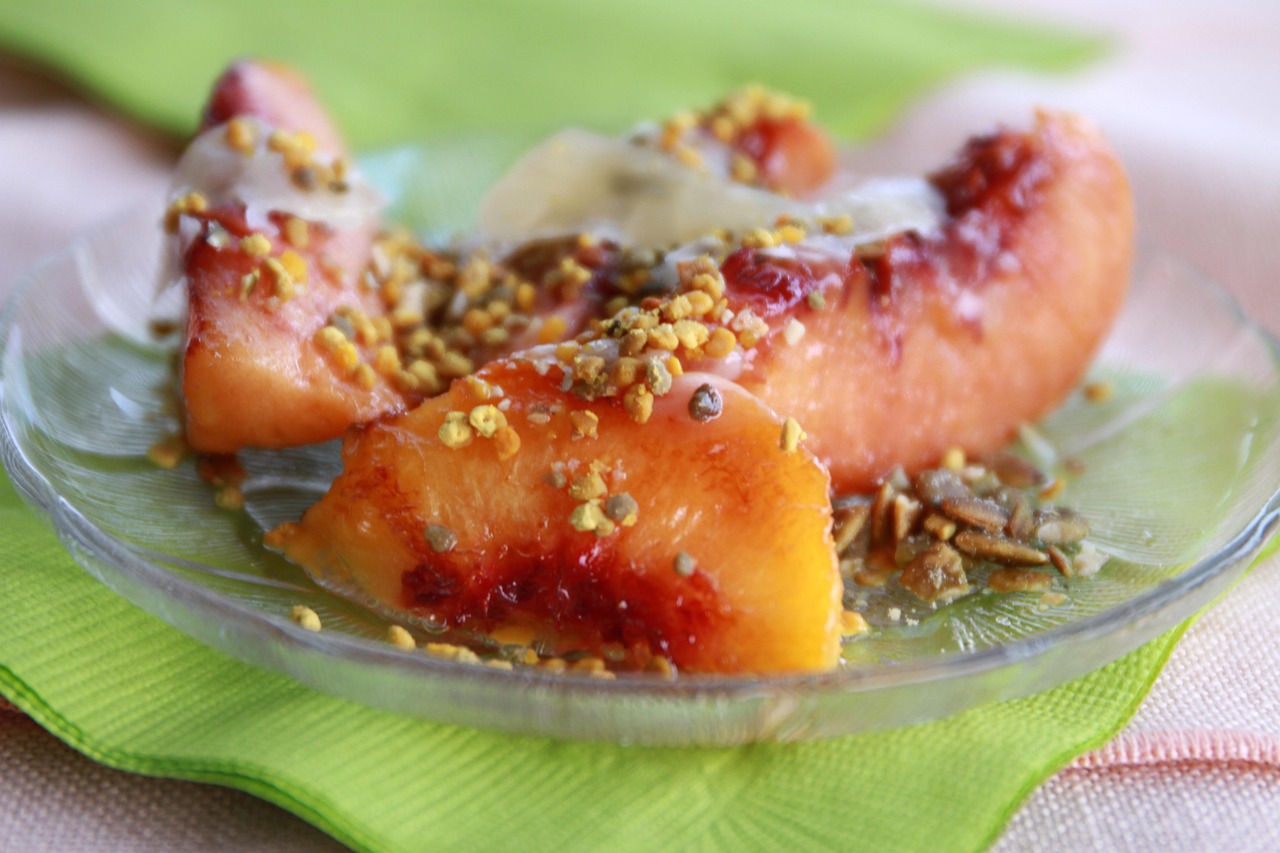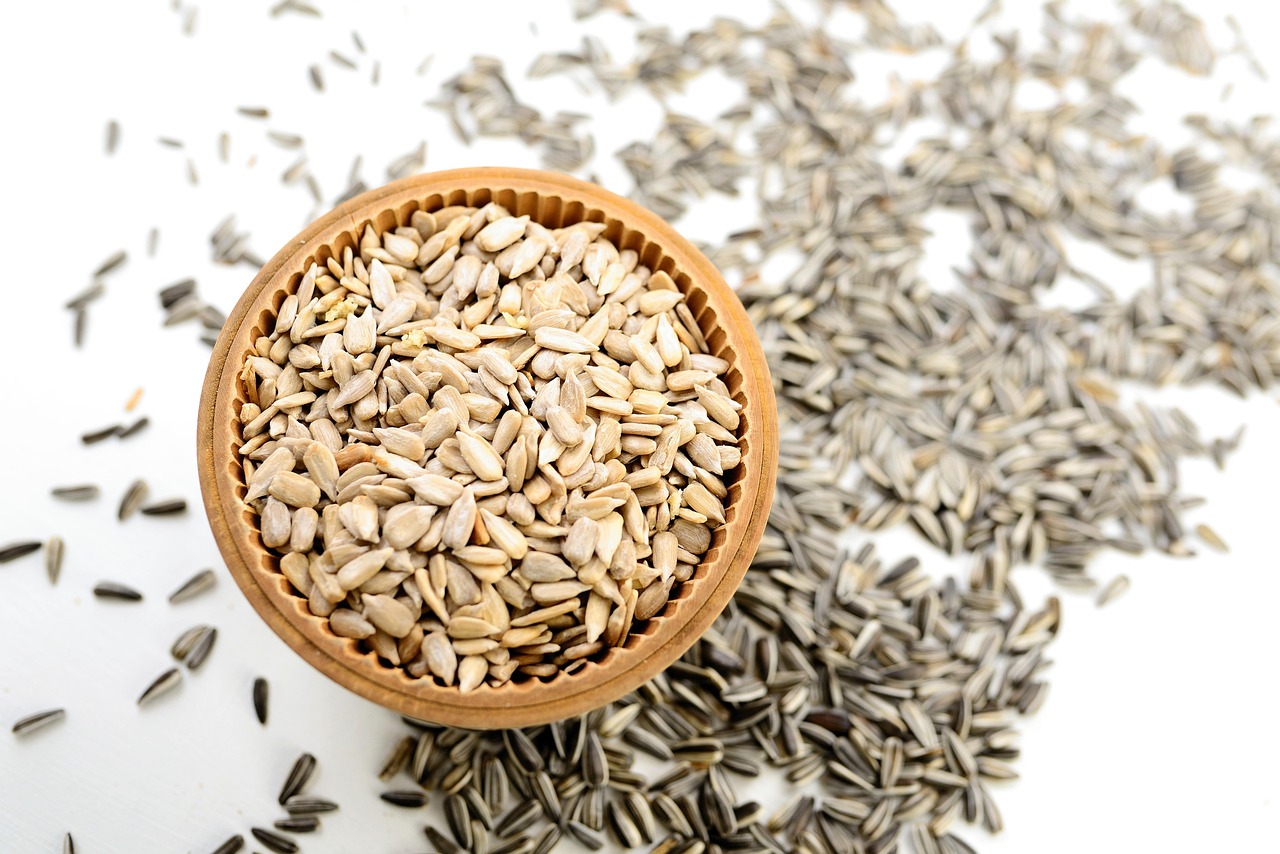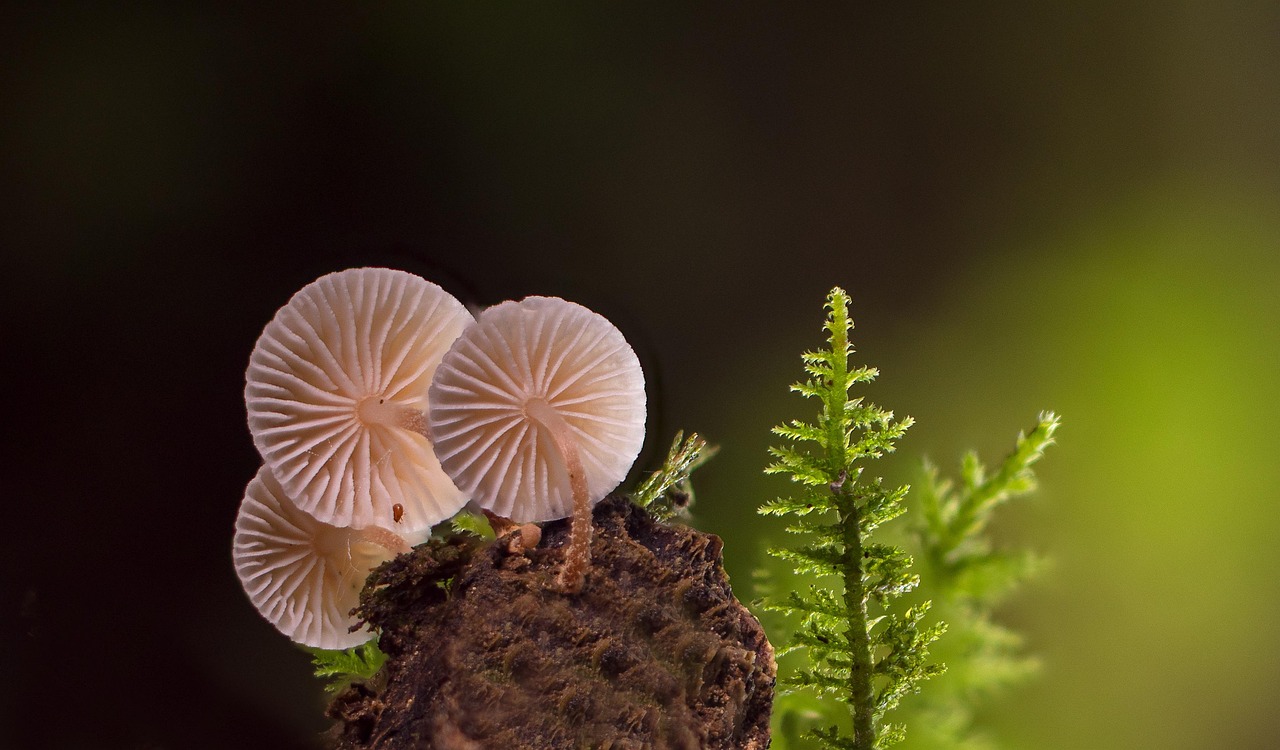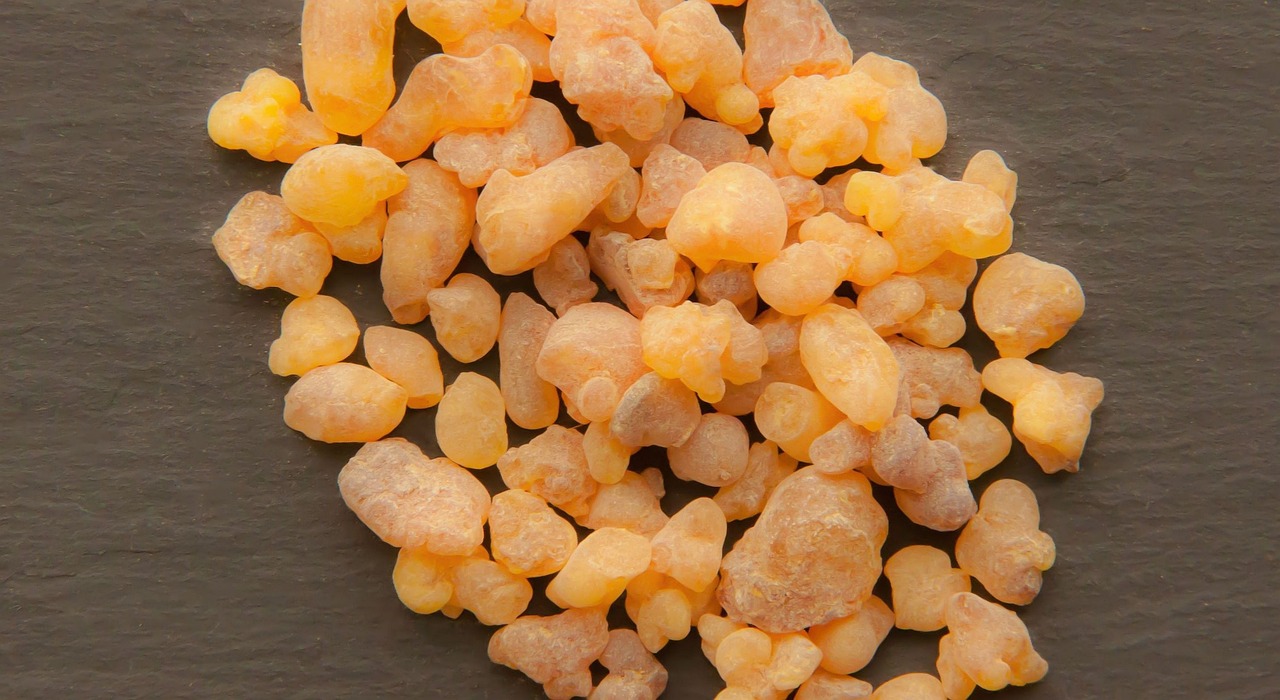This article delves into the remarkable benefits of elderberry for preventing cold and flu. We will explore its historical roots, numerous health advantages, and practical ways to incorporate it into your daily wellness routine.
The History of Elderberry
Elderberry has a rich history in traditional medicine, dating back centuries. Various cultures, including the Egyptians and Native Americans, have harnessed the power of this berry for its health-promoting properties. Its use as a remedy for respiratory ailments and fevers showcases its longstanding significance in herbal medicine.
Health Benefits of Elderberry
Elderberry is well-known for its immune-boosting properties. Research highlights its effectiveness in reducing the duration and severity of cold and flu symptoms. This section elaborates on the various health benefits associated with elderberry, particularly its role in enhancing immune function.
- Rich in Antioxidants: Elderberries contain high levels of antioxidants, which are crucial for combating oxidative stress in the body. These compounds support overall health and bolster the immune system.
- Flavonoids and Their Impact: The flavonoids present in elderberry help reduce inflammation, providing relief during cold and flu season.
- Vitamins and Minerals: Packed with essential vitamins such as Vitamin C and minerals like potassium, elderberries support immune health and overall well-being.
Antiviral Properties
Studies suggest that elderberry possesses antiviral properties, making it effective against various strains of influenza and other pathogens. This section examines the scientific research supporting these claims.
How to Use Elderberry
Elderberry can be consumed in multiple forms, making it easy to integrate into your wellness routine:
- Elderberry Syrup: A popular method of consumption, elderberry syrup can be made at home. We provide a simple recipe and dosage recommendations.
- Elderberry Supplements: For convenience, elderberry supplements are available in various forms. This part reviews the different types and offers tips for selection.
Potential Side Effects and Precautions
While generally safe, it’s important to be aware of potential side effects:
- Allergic Reactions: Some individuals may experience allergic reactions. Symptoms to watch for include rash and difficulty breathing.
- Interactions with Medications: Elderberry may interact with certain medications, so consulting a healthcare provider is advisable.
Conclusion: Embracing Elderberry for Wellness
In conclusion, elderberry offers a plethora of health benefits, particularly for cold and flu prevention. By understanding its uses and incorporating it into your wellness routine, you can naturally enhance your immune health.
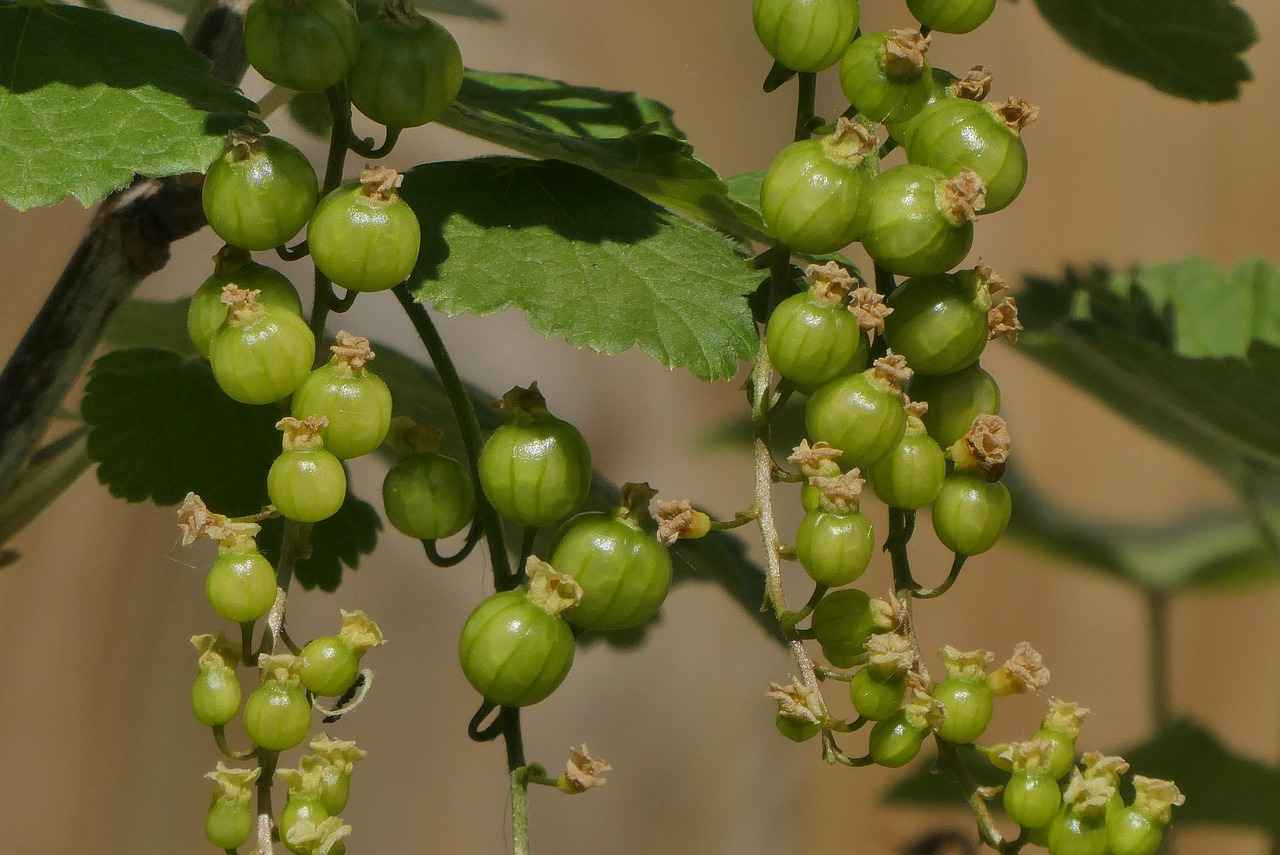
The History of Elderberry
Elderberry, scientifically known as Sambucus nigra, has a rich history that dates back thousands of years. This remarkable berry has been utilized in various cultures for its medicinal properties and health benefits. Ancient Egyptians, for example, revered elderberry for its healing capabilities, using it to treat various ailments, from skin conditions to respiratory issues.
In traditional European medicine, elderberry was often employed as a natural remedy for colds and flu. The Greek physician Hippocrates, known as the father of medicine, referred to elderberry as a “medicine chest” due to its wide range of therapeutic applications. Similarly, in medieval Europe, elderberry was used to create tonics and syrups, believed to boost the immune system and alleviate symptoms of viral infections.
Native American tribes also recognized the value of elderberry. They utilized the berries, flowers, and bark in their traditional healing practices. The berries were often made into jams or used in teas to combat colds, while the flowers were brewed to make soothing infusions for respiratory issues.
As the knowledge of elderberry spread, it became a staple in herbal medicine across different cultures. In the 18th century, elderberry gained popularity in Europe as a remedy for coughs and fevers. Today, modern research has begun to validate many of these historical uses, highlighting elderberry’s potential in supporting immune health and fighting off viruses.
In conclusion, the historical significance of elderberry is profound, showcasing its long-standing role in traditional medicine. Its usage across various cultures emphasizes its importance as a natural remedy, paving the way for its resurgence in contemporary health practices.
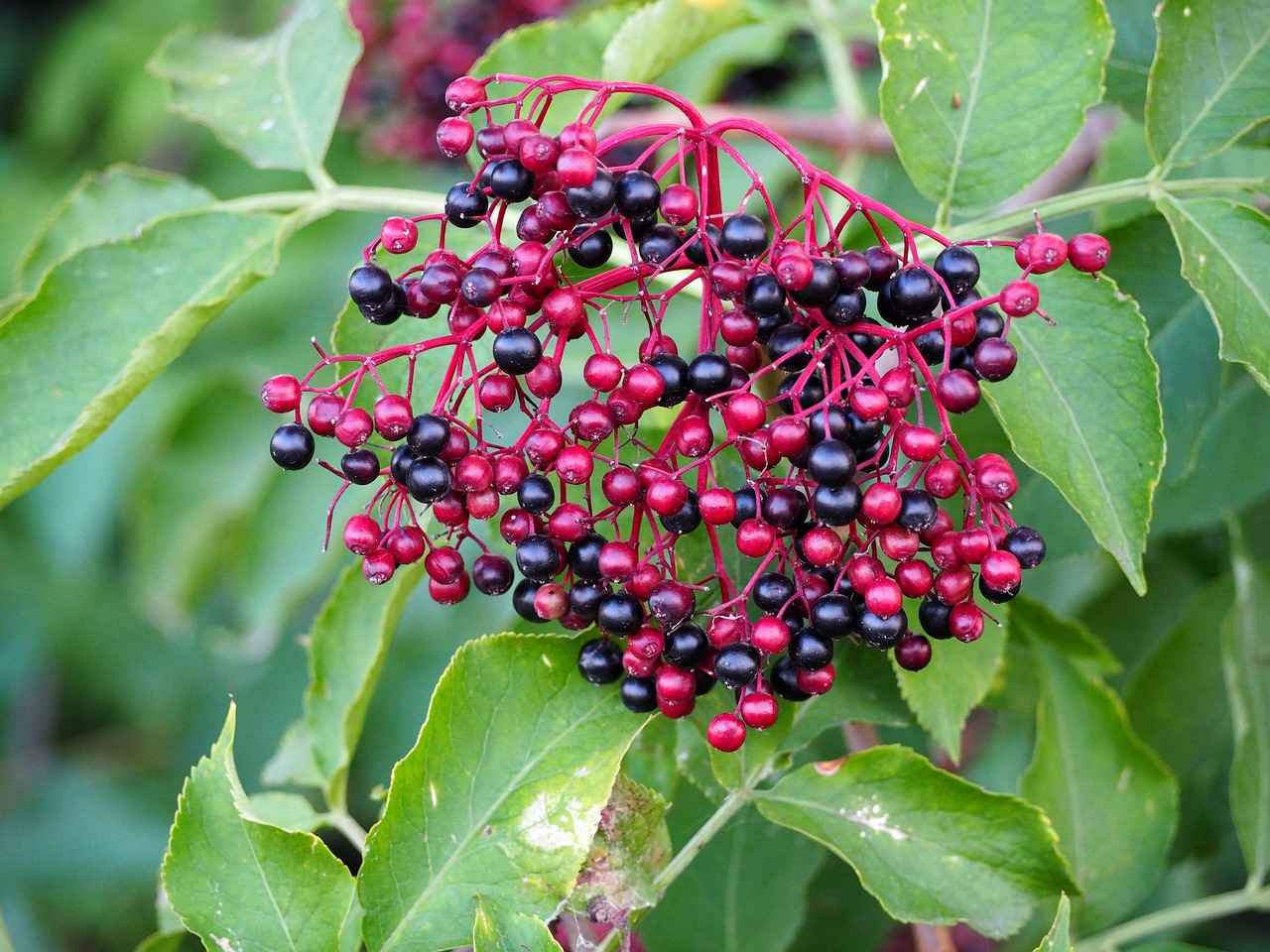
Health Benefits of Elderberry
Elderberry has gained significant attention for its remarkable health benefits, particularly in the realm of cold and flu prevention. This small, dark berry has been used for centuries in various cultures, and modern science is now uncovering the reasons behind its popularity. In this section, we will explore the numerous advantages of elderberry, focusing on its immune-boosting properties and overall health benefits.
| Health Benefit | Description |
|---|---|
| Immune Support | Elderberry is known for enhancing the body’s immune response, making it an effective ally during cold and flu season. |
| Rich in Antioxidants | Loaded with antioxidants, elderberries help combat oxidative stress, which can weaken the immune system. |
| Antiviral Properties | Studies suggest that elderberry may inhibit the replication of certain viruses, including those that cause the flu. |
| Anti-inflammatory Effects | The flavonoids in elderberries reduce inflammation, which can alleviate symptoms associated with colds and flu. |
| Vitamins and Minerals | Elderberries are rich in vitamins A, C, and E, as well as essential minerals that support overall health. |
The antioxidants found in elderberries, such as anthocyanins, play a crucial role in protecting the body from free radicals, thereby promoting a healthier immune system. Furthermore, the presence of essential vitamins and minerals ensures that your body has the necessary tools to fight off infections effectively.
Incorporating elderberry into your daily routine can be as simple as taking elderberry syrup or supplements. Many people find that these forms are not only convenient but also delicious, making it easier to maintain a consistent wellness regimen.
In conclusion, elderberry stands out as a powerful natural remedy for enhancing immune health and preventing cold and flu symptoms. By understanding its benefits and integrating it into your lifestyle, you can take proactive steps towards better health.
Rich in Antioxidants
Elderberries are not just a delicious fruit; they are also a powerful ally in maintaining optimal health. One of the most significant aspects of elderberries is their rich content of antioxidants. These compounds play a crucial role in combating oxidative stress, which can lead to various health issues, including weakened immune function and chronic diseases.
Oxidative stress occurs when there is an imbalance between free radicals and antioxidants in the body. Free radicals are unstable molecules that can damage cells, proteins, and DNA, potentially leading to inflammation and illness. Elderberries are particularly high in anthocyanins, a type of flavonoid that gives the berries their deep purple color and is known for its potent antioxidant properties.
Research indicates that the antioxidants found in elderberries can enhance the body’s immune response. By neutralizing free radicals, these compounds help reduce inflammation and support overall health. A strong immune system is essential for fighting off infections, especially during cold and flu season.
Moreover, elderberries have been linked to a reduction in the duration and severity of cold and flu symptoms. Studies suggest that elderberry extract may inhibit the replication of viruses, making it a natural option for preventative care during peak illness periods. This is particularly beneficial for individuals looking to bolster their defenses against seasonal illnesses.
Incorporating elderberries into your diet can be as simple as adding elderberry syrup to your morning routine or enjoying elderberry tea. The versatility of this berry makes it easy to reap its health benefits.
In conclusion, the rich antioxidant content of elderberries plays a vital role in promoting health and enhancing immune function. By including this superfood in your wellness regimen, you can take proactive steps towards a healthier lifestyle.
Flavonoids and Their Impact
The flavonoids present in elderberry are essential natural compounds that significantly contribute to the body’s defense mechanisms, particularly during the cold and flu season. These powerful antioxidants play a crucial role in reducing inflammation and enhancing immune function, making elderberry a favored choice for those seeking natural remedies.
One of the primary ways flavonoids act is by modulating inflammatory responses. They help to inhibit the release of pro-inflammatory cytokines, which are substances secreted by immune cells that can lead to inflammation. By reducing this inflammatory response, flavonoids not only alleviate symptoms but also promote faster recovery from illnesses.
Additionally, flavonoids are known to support the body’s immune system by enhancing the production of immune cells and improving their function. This is particularly beneficial during the cold and flu season when the body is more susceptible to viral infections. Research indicates that elderberry extracts, rich in flavonoids, can significantly reduce the duration and severity of flu symptoms.
Moreover, these compounds exhibit antiviral properties, which can help to prevent the entry of viruses into healthy cells. Studies have shown that elderberry can inhibit the replication of the influenza virus, making it a valuable ally in the fight against seasonal illnesses.
Incorporating elderberry into your wellness routine can be done in various ways, such as through syrups, capsules, or teas. Each form maintains the beneficial flavonoids, allowing you to choose the method that best suits your lifestyle.
In conclusion, the flavonoids found in elderberry are not just beneficial; they are vital for maintaining health during cold and flu season. By understanding their impact and incorporating elderberry into your daily regimen, you can harness the power of nature to support your immune health.
Vitamins and Minerals
Elderberries are not only delicious but also a powerhouse of essential nutrients that contribute significantly to our overall health. These small, dark berries are packed with a variety of vitamins and minerals that play a crucial role in supporting the immune system and promoting well-being.
One of the key nutrients found in elderberries is vitamin C. This vitamin is well-known for its ability to enhance immune function by stimulating the production of white blood cells, which are vital for fighting off infections. Just a small serving of elderberries can provide a substantial portion of the daily recommended intake of vitamin C, making it an excellent addition to your diet, especially during cold and flu season.
In addition to vitamin C, elderberries are rich in vitamin A, which is essential for maintaining healthy vision and skin. Vitamin A also supports the immune system by promoting the health of mucous membranes, which act as a barrier against pathogens. Furthermore, elderberries contain vitamin B6, which is important for protein metabolism and cognitive development.
Another significant aspect of elderberries is their mineral content. They are a good source of potassium, which is vital for heart health and helps regulate blood pressure. Elderberries also provide iron, which is essential for the production of hemoglobin and the transportation of oxygen throughout the body.
Moreover, elderberries contain calcium and magnesium, both of which are crucial for maintaining strong bones and overall metabolic functions. By incorporating elderberries into your diet, you can enjoy a delicious way to enhance your nutrient intake and support your body’s natural defenses.
In summary, the rich array of vitamins and minerals found in elderberries not only supports immune health but also contributes to overall wellness. Making elderberries a regular part of your diet can provide numerous health benefits that help you stay healthy and vibrant.
Antiviral Properties
Antiviral Properties of Elderberry
Research has increasingly suggested that elderberry may possess significant , making it a valuable ally in the fight against various viral infections, particularly influenza. This section delves into the scientific studies that underscore elderberry’s effectiveness against influenza viruses and other pathogens.
One of the most notable studies, published in the journal Journal of International Medical Research, found that elderberry extract significantly reduced the duration and severity of flu symptoms in patients. Participants who took elderberry syrup reported relief from symptoms such as fever, headache, and muscle aches within 2-4 days, compared to a longer duration in those who did not use the extract.
Another research effort, conducted by the University of Sydney, highlighted elderberry’s ability to inhibit the replication of certain strains of the influenza virus. The study demonstrated that elderberry extract could bind to the virus, preventing it from entering healthy cells and thus halting its spread. This mechanism is crucial, as it not only helps in reducing the viral load in the body but also supports the immune system in combating the illness.
Furthermore, elderberry’s antioxidant properties contribute to its antiviral effects. Antioxidants help to reduce oxidative stress in the body, which can weaken immune responses. By enhancing overall immune function, elderberry may provide a dual action of both preventing viral infections and aiding in recovery.
In conclusion, the evidence supporting the antiviral properties of elderberry is compelling. With its natural compounds working synergistically to combat influenza viruses and other pathogens, elderberry emerges as a promising option for those looking to bolster their immune health during cold and flu season.
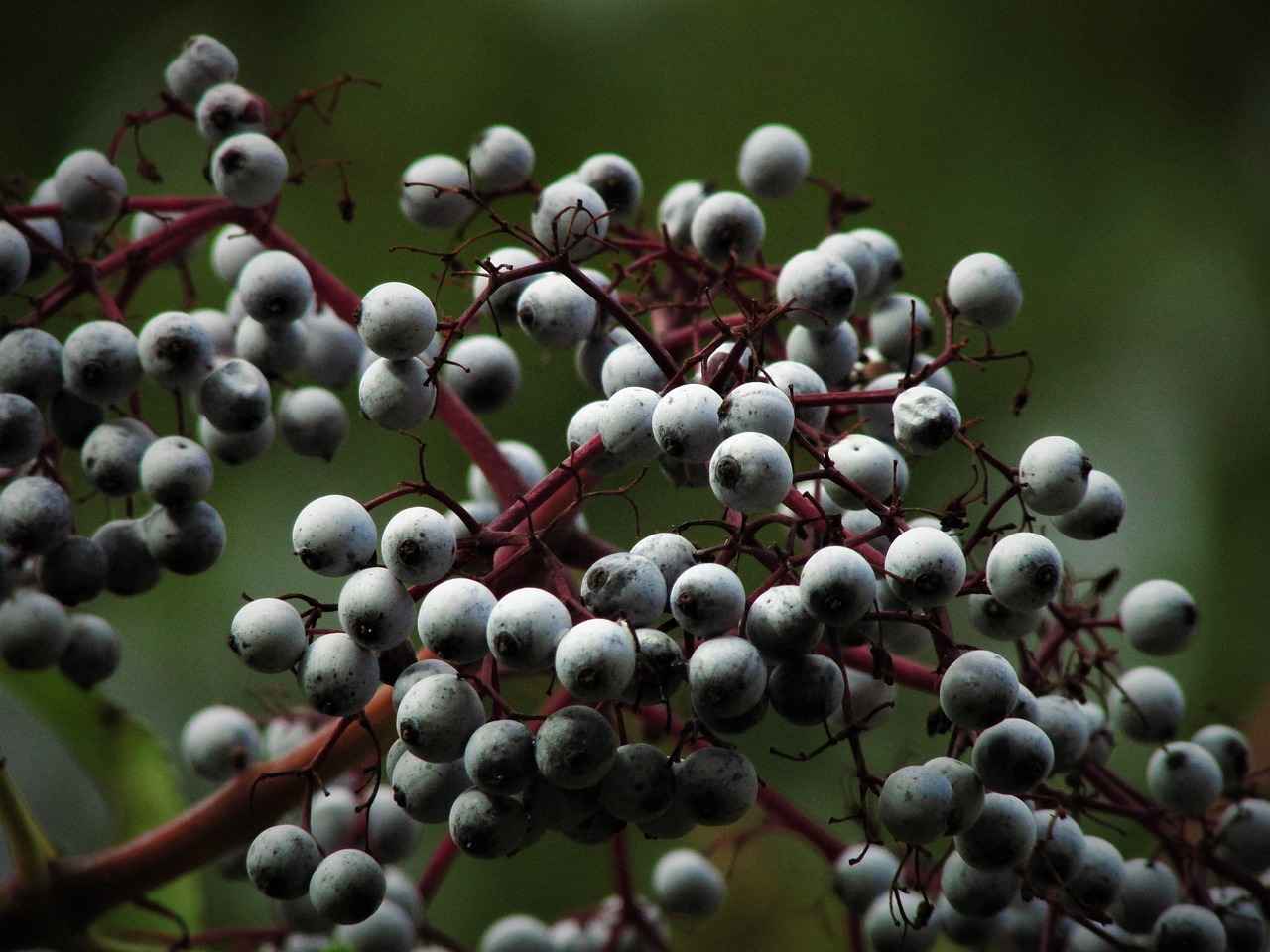
How to Use Elderberry
Elderberry is a versatile berry that can be easily integrated into your daily routine to harness its numerous health benefits. Here are some practical ways to consume elderberry effectively:
- Elderberry Syrup: One of the most popular forms of elderberry consumption, elderberry syrup can be made at home or purchased from health stores. To make your own, combine dried elderberries, water, and sweetener such as honey. Simmer until the liquid reduces, strain, and store in a glass jar. A typical dosage is 1-2 tablespoons per day for adults, while children can take 1 teaspoon.
- Elderberry Gummies: For those who prefer a tasty option, elderberry gummies are widely available. They provide a convenient way to enjoy the benefits of elderberry without the need for preparation. Always check the label for dosage recommendations.
- Elderberry Tea: Brewing elderberry tea is another delightful method to enjoy this berry. Simply steep dried elderberries in hot water for about 10-15 minutes. You can enhance the flavor by adding lemon or ginger, which also have immune-boosting properties.
- Elderberry Capsules: For individuals seeking a quick and easy option, elderberry capsules or tablets are available as dietary supplements. These are particularly useful for those who are on the go. Always follow the recommended dosage on the packaging.
- Elderberry Jams and Jellies: Incorporating elderberry into your breakfast can be as simple as spreading elderberry jam on toast. This not only adds flavor but also provides health benefits during your morning routine.
Incorporating elderberry into your daily regimen can significantly enhance your immune system, especially during cold and flu season. By choosing the method that best suits your lifestyle, you can enjoy the health benefits of this remarkable berry.
Elderberry Syrup
has gained popularity as a natural remedy for cold and flu prevention. This article will guide you through the process of making elderberry syrup at home, along with the recommended dosage to maximize its health benefits.
The primary ingredient, elderberries, are rich in antioxidants and vitamins, making them a powerful ally for your immune system. To prepare elderberry syrup, you will need:
- 1 cup of dried elderberries
- 4 cups of water
- 1-2 cups of honey (to taste)
- Optional: spices like cinnamon or ginger for added flavor
Here’s a simple recipe to make your own elderberry syrup:
1. In a saucepan, combine the dried elderberries and water.2. Bring the mixture to a boil, then reduce the heat and let it simmer for about 30-45 minutes.3. Once the liquid has reduced by half, remove it from heat and let it cool.4. Strain the mixture through a fine mesh sieve or cheesecloth into a bowl, discarding the solids.5. Add honey to the strained liquid while it’s still warm, stirring until fully dissolved.6. Pour the syrup into a clean glass jar and store it in the refrigerator.
For cold and flu prevention, the recommended dosage of elderberry syrup is:
- Adults: 1 tablespoon daily
- Children (over 1 year): 1 teaspoon daily
It’s important to note that while elderberry syrup can be beneficial, it should not replace medical treatment. Always consult a healthcare professional before starting any new supplement, especially for children or individuals with underlying health conditions.
In conclusion, making elderberry syrup at home is a straightforward process that allows you to harness the health benefits of this remarkable berry. By incorporating elderberry syrup into your daily routine, you can enhance your immune health and potentially ward off cold and flu symptoms this season.
Elderberry Supplements
have gained immense popularity due to their convenience and potential health benefits. For individuals looking to enhance their immune system, these supplements offer an easy way to incorporate elderberry into their daily routine without the need to prepare syrups or teas. In this section, we will explore the different types of elderberry supplements available and provide tips on how to choose the right one for your needs.
- Elderberry Capsules: These are one of the most common forms of elderberry supplements. They are easy to take and provide a concentrated dose of elderberry extract. Look for capsules that contain standardized extracts for consistent potency.
- Elderberry Gummies: For those who prefer a tastier option, elderberry gummies are a great choice. They are especially popular among children and can be a fun way to ensure that the whole family gets their dose of elderberry.
- Elderberry Liquid Extract: This form is highly concentrated and can be taken directly or mixed into beverages. Liquid extracts allow for adjustable dosing, making them suitable for individuals who may require higher or lower amounts.
- Elderberry Powder: Elderberry powder can be added to smoothies, yogurt, or oatmeal. This versatile option allows for creative incorporation into various meals while still providing the health benefits of elderberry.
When choosing an elderberry supplement, consider the following tips:
- Check for Quality: Look for products that are third-party tested for purity and potency.
- Read Labels: Ensure that the product contains real elderberry extract and check for any added sugars or artificial ingredients.
- Consult with a Healthcare Professional: If you have health concerns or are taking medications, it’s wise to consult with a healthcare provider before starting any new supplement.
In conclusion, elderberry supplements provide a convenient and effective way to support your immune health. By understanding the different forms available and following the tips for selection, you can make an informed choice that best fits your lifestyle.

Potential Side Effects and Precautions
While elderberry is generally considered safe for most individuals, it is crucial to remain informed about potential side effects and necessary precautions. This section aims to highlight the importance of understanding these factors, particularly for specific populations who may be more vulnerable.
- Allergic Reactions: Some individuals may experience allergic reactions to elderberry. Symptoms can range from mild to severe and may include rashes, itching, or difficulty breathing. If you notice any of these symptoms after consuming elderberry, it is advisable to seek medical attention immediately.
- Interactions with Medications: Elderberry may interact with certain medications, particularly those that affect the immune system. Individuals taking immunosuppressants or other prescription drugs should consult with a healthcare professional before incorporating elderberry into their regimen.
- Pregnant and Nursing Women: There is limited research on the safety of elderberry for pregnant and nursing women. It is recommended that these individuals avoid elderberry products unless advised otherwise by a healthcare provider.
- Underlying Health Conditions: People with autoimmune diseases or other chronic health conditions should exercise caution when using elderberry. Its potential to stimulate the immune system might exacerbate certain conditions, making it essential to consult a healthcare professional beforehand.
In summary, while elderberry can offer numerous health benefits, especially in preventing colds and flu, it is vital to be aware of potential side effects and take necessary precautions. By doing so, you can safely enjoy the advantages of this powerful berry while minimizing any risks.
Allergic Reactions
to elderberry can occur in some individuals, and it is crucial to recognize the symptoms and know when to seek medical advice. While elderberry is widely celebrated for its health benefits, particularly in boosting the immune system and preventing colds and flu, it is essential to be aware of potential adverse reactions.
Symptoms of an allergic reaction to elderberry may include:
- Skin Reactions: Hives, rash, or itching may develop after consuming elderberry products.
- Respiratory Issues: Difficulty breathing, wheezing, or nasal congestion can indicate an allergic response.
- Gastrointestinal Distress: Nausea, vomiting, or diarrhea may occur in some cases.
- Swelling: Swelling of the face, lips, or throat is a serious symptom that requires immediate medical attention.
If you experience any of these symptoms after consuming elderberry, it is important to seek medical advice promptly. Allergic reactions can range from mild to severe, and timely intervention can be critical.
Furthermore, individuals with known allergies to other fruits or plants may be at a higher risk for developing an allergy to elderberry. It is advisable for these individuals to consult with a healthcare provider before incorporating elderberry into their wellness routine.
In summary, while elderberry is a valuable addition to health regimens for many, awareness of potential allergic reactions is essential. By understanding the symptoms and knowing when to seek help, you can safely enjoy the benefits of this powerful berry.
Interactions with Medications
Elderberry has gained popularity for its potential health benefits, particularly in the realm of cold and flu prevention. However, it is crucial to understand that elderberry may interact with certain medications, which can pose risks for individuals taking prescription drugs or those with underlying health conditions.
When considering the use of elderberry, it is essential to consult with a healthcare provider, especially for individuals on medications such as diuretics, antidiabetic drugs, or immunosuppressants. These medications can interact with the active compounds in elderberry, potentially leading to adverse effects or reduced efficacy of the medications.
For example, elderberry may enhance the effects of diuretics, leading to increased urination and electrolyte imbalances. Similarly, individuals taking antidiabetic medications should be cautious, as elderberry may lower blood sugar levels, necessitating adjustments to medication dosages. Moreover, the immune-boosting properties of elderberry can interfere with immunosuppressive therapies used by patients with autoimmune diseases or those who have undergone organ transplants.
| Medication Type | Potential Interaction |
|---|---|
| Diuretics | Increased urination and risk of electrolyte imbalance |
| Antidiabetic Drugs | Possible lowering of blood sugar levels |
| Immunosuppressants | May reduce the effectiveness of immunosuppressive therapy |
In summary, while elderberry offers numerous health benefits, it is vital for individuals to be aware of its potential interactions with medications. Always consult a healthcare professional before adding elderberry to your health regimen, particularly if you are taking prescription drugs or have existing health conditions. Taking these precautions can help ensure safe and effective use of this natural remedy.
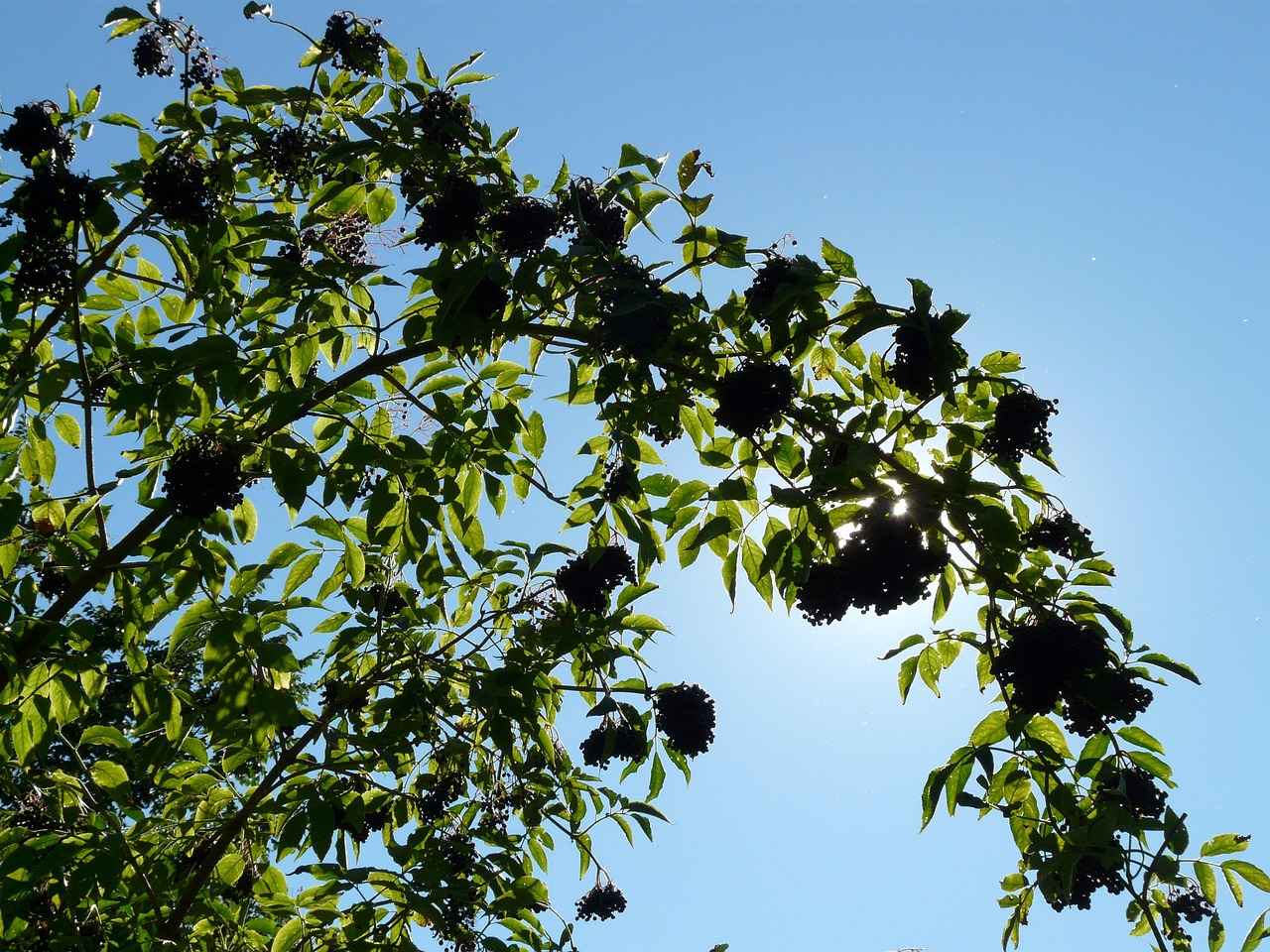
Conclusion: Embracing Elderberry for Wellness
In summary, elderberry stands out as a remarkable natural remedy, particularly in the realm of cold and flu prevention. This small berry has garnered attention not only for its rich history in traditional medicine but also for its extensive health benefits that can significantly enhance your immune system.
To fully appreciate the power of elderberry, it is essential to understand its nutritional composition. Packed with vitamins such as Vitamin C and Vitamin A, along with essential minerals like potassium and iron, elderberries provide a robust support system for your health. These nutrients work synergistically to bolster your body’s defenses against common illnesses.
Moreover, elderberries are rich in antioxidants, which play a crucial role in combating oxidative stress. This oxidative stress can weaken the immune system, making it more susceptible to infections. By incorporating elderberry into your wellness routine, you can help maintain a balanced immune response.
Another significant aspect of elderberry is its antiviral properties. Research has shown that elderberry extracts can inhibit the replication of certain viruses, including those responsible for the flu. This makes elderberry not just a preventive measure but also a potential treatment option during flu season.
When considering how to incorporate elderberry into your daily life, options abound. From elderberry syrup to supplements, these products are designed to fit seamlessly into your routine. Whether you prefer a homemade syrup or a convenient capsule, the key is consistency in usage to reap the full benefits.
In conclusion, embracing elderberry as part of your health regimen can lead to improved wellness and a stronger immune system. By understanding its myriad uses and benefits, you can naturally enhance your body’s defenses against colds and flu, paving the way for a healthier lifestyle.

